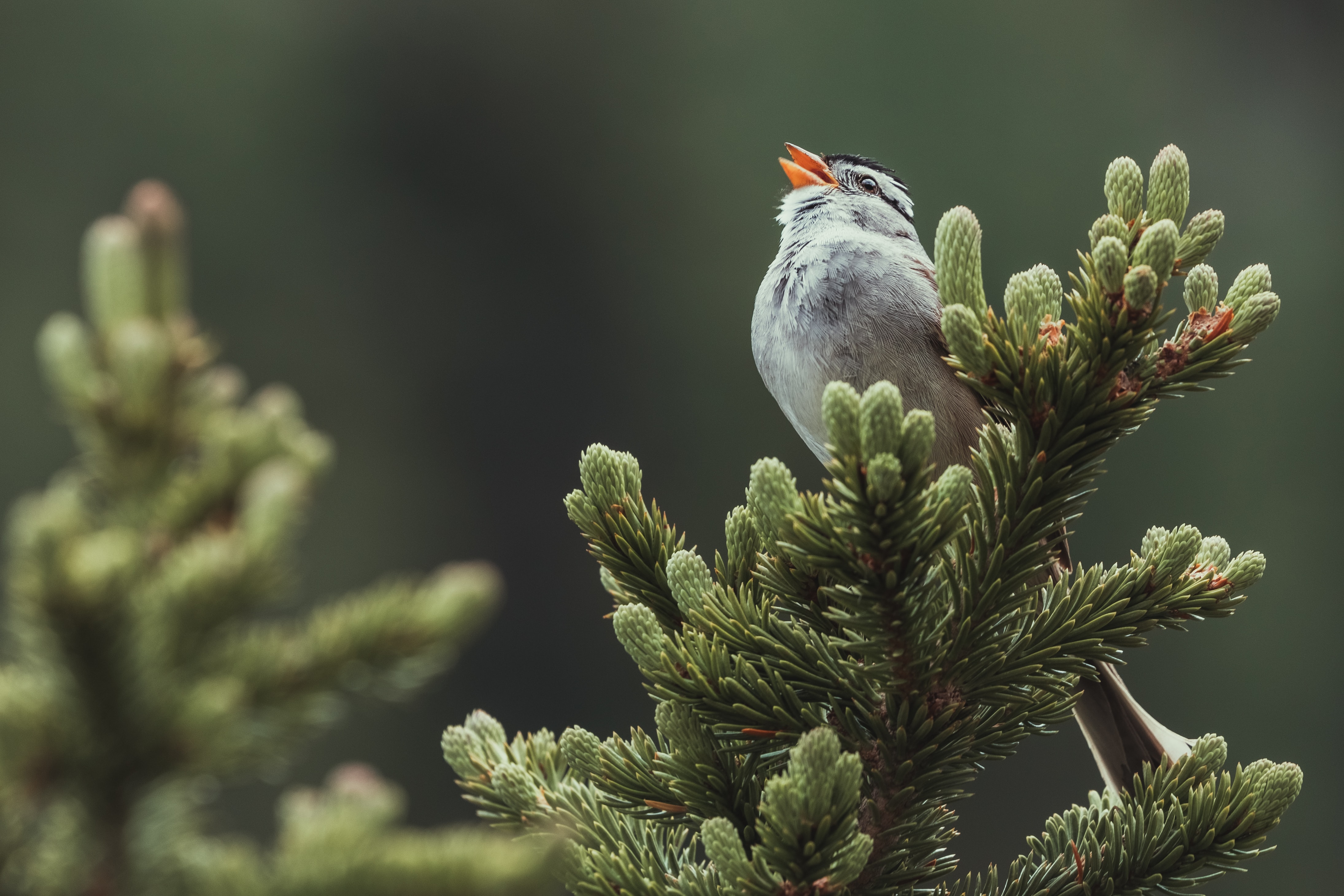News release
From:
Long-term effects of noise pollution on the avian dawn chorus: a natural experiment facilitated by the closure of an international airport
Proceedings of the Royal Society B: Biological Sciences
Noise pollution is hazardous to humans and wildlife alike. Near airports, where noise levels are particularly high, birds start singing earlier in the morning, probably to gain more time of uninterrupted singing before air traffic sets in. We found that six months after the closure of Berlin Tegel airport some bird species at the airport shifted their song onset back but other species still sang earlier near the closed airport. This shows that noise pollution can have long-lasting effects on animal behaviour and noise removal may not lead to immediate recovery in some species.



 International
International



